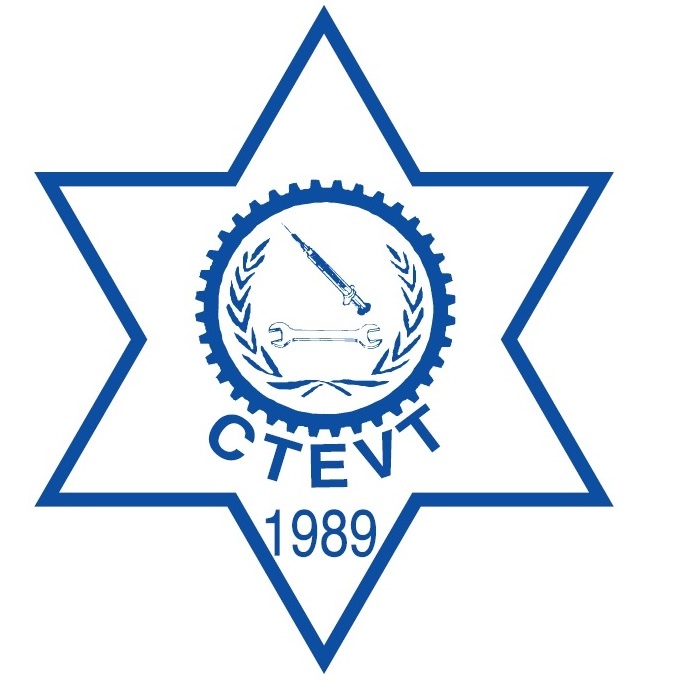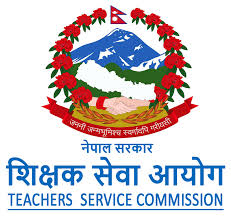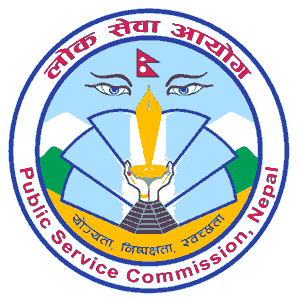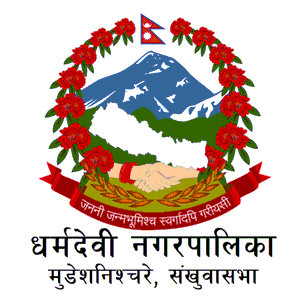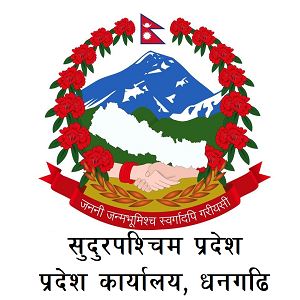Overview
The National Skill Testing Board (NSTB), operating under the Council for Technical Education and Vocational Training (CTEVT), is Nepal's official body for skill testing and certification. Established in 1983, NSTB evaluates and certifies the skills and knowledge of individuals acquired through training, work experience, or ancestral professions. These certifications are recognized both nationally and internationally, enhancing job opportunities and professional growth. NSTB offers skill testing for various competency levels, catering to different groups including vocational training graduates, experienced workers, and in-service employees. This system plays a crucial role in addressing Nepal's socio-economic challenges by improving employability and supporting career advancement.
What are the benefits of Skill Testing?
Skill testing provides individuals with official certification for the skills, knowledge, and competencies they have acquired through various means such as training, work experience, or ancestral professions. This certification is granted by CTEVT/NSTB, the only authorized body for skill testing in Nepal. If you possess full or partial proficiency in any occupation, your skills will be evaluated and certified accordingly. This certification not only enhances your job opportunities in the market but also qualifies you for higher positions. Additionally, the certification validates your professional qualifications, and the certificates are based on international standards, making them recognized both domestically and abroad.
What is Skill Testing?
Skill testing is a process where your knowledge, skills, and attitude are evaluated according to competency standards. Those who pass both the written and practical examinations are awarded a certificate. Similar to other countries, Nepal has introduced a system where the skills acquired through prior learning are tested and certified based on occupational competency standards. This method evaluates an individual's skills, knowledge, and attitude, and certifies them with partial or full competence based on their proficiency level. If someone receives a partial competency certificate, they can further enhance their skills through training or other means and retake the test to achieve full certification.
Additionally, the certificate provided after passing skill tests for levels 1 to 4 in various professions is also considered part of skill testing. With the development of the National Vocational Qualification System (NVQS) in Nepal, skill testing based on competency standards is becoming more prominent.
Why is Skill Testing important?
In today's evolving environment, having a certificate of competency is crucial as it legally validates your skills, knowledge, and attitude. Various local levels are now collecting data on skilled workers through employment service centers and encouraging the use of certified workers for professional tasks within their jurisdiction. Both private and government sectors are also giving priority to certified workers for job opportunities. Thus, possessing a skill testing certificate significantly increases your chances of getting a job or a promotion. For those seeking foreign employment, this certificate helps in securing jobs as skilled workers.
Does Skill Testing guarantee a job?
While skill testing and certification create a strong foundation for job opportunities, it does not directly guarantee employment. CTEVT/NSTB, as the sole authorized body managing, implementing, and regulating technical education and vocational training in Nepal, issues certificates recognized by both government and private sectors, thus significantly enhancing your job prospects.
What should I do if I cannot fill out the online form?
If you have difficulty filling out the online form or are not familiar with using a mobile or computer, you can seek help from someone who knows, such as a friend or relative. Alternatively, you can provide your information over the phone to NSTB.
What benefits do I get after filling out the information?
The information you provide is stored in NSTB's database management system. NSTB analyzes this data to design appropriate skill testing programs for you. They also provide you with information on any skill gaps you may have, giving you the opportunity to enhance your skills and attain higher levels of professional competence.
How and when will NSTB contact me?
NSTB will contact you through public notifications or by sending an SMS to your personal phone number.
Where is Skill Testing conducted?
NSTB conducts skill testing through designated and recognized centers in all seven provinces. You can choose the center most convenient for you to take your skill test.
How much does Skill Testing cost?
NSTB has set fees for regular skill testing programs. However, based on the analysis of the information you provide, an appropriate fee will be determined for the level of competency you are applying for. This fee information will be provided when the application is called for.
How long does it take to receive the certificate after the Skill Test?
It takes at least one month after the skill test to receive your certificate.
Can I work abroad with an NSTB Skill Certificate?
As CTEVT/NSTB is the only authorized body in Nepal for issuing skill testing certificates, these certificates are legally recognized. Therefore, there is a high likelihood that foreign employers will accept and acknowledge these certificates.
How can I determine the competency level for my skills and which level of skill testing I should apply for?
If you have a training certificate, you can determine your eligibility based on the competency standards. However, if you have gained skills through work experience, practice, or other informal means, you can self-assess your knowledge and skills against the competency standards. You can then apply for skill testing based on whether you meet the criteria for partial or full competence.
Or
If you have any certification, you are eligible for the following levels of skill testing based on your documents:
Level 1:
- Able to read and write with knowledge and skills in the relevant occupation and at least one year of work experience in the related field, or
- Completed at least one month (160 hours) of vocational training in the relevant occupation/trade.
Level 2:
- Able to read and write with knowledge and skills in the relevant occupation and at least three years of work experience in the related field, or
- Completed one year of training (at least 600 hours of theory and 800 hours of practical training) in the relevant occupation/trade, or
- Passed Level 1 skill testing and gained one year of work experience in the related field.
Level 3:
- Able to read and write with knowledge and skills in the relevant occupation and at least five years of work experience in the related field, or
- Completed one year of training and gained two years of work experience in the related field, or
- Passed Level 2 skill testing and gained one year of work experience in the related field.
Level 4:
- As mentioned in the National Skill Certification for the respective occupation.
What documents are required to participate in Skill Testing?
- Copy of Citizenship Certificate
- Two recent passport-sized photographs
- Copy of training certificate (if any)
- Copy of work experience certificate (if any)
Can I participate in Skill Testing if I haven’t received any formal training but possess relevant skills?
Yes, even if you haven't received formal training but have acquired skills through work experience or other informal means, you can participate in skill testing by presenting evidence of your skills. The system of recognizing prior learning is designed to test and certify the skills of individuals who have gained their competencies through non-formal methods or ancestral professions.
Where can I receive Skill Development Training?
Currently, various skill development programs are being conducted by local authorities in coordination with private and non-governmental organizations. CTEVT's affiliated institutions and accredited private training providers also conduct such programs either free of charge or for a fee. For more information, you can contact the nearest CTEVT provincial office, local authorities, or related organizations working in this field.


